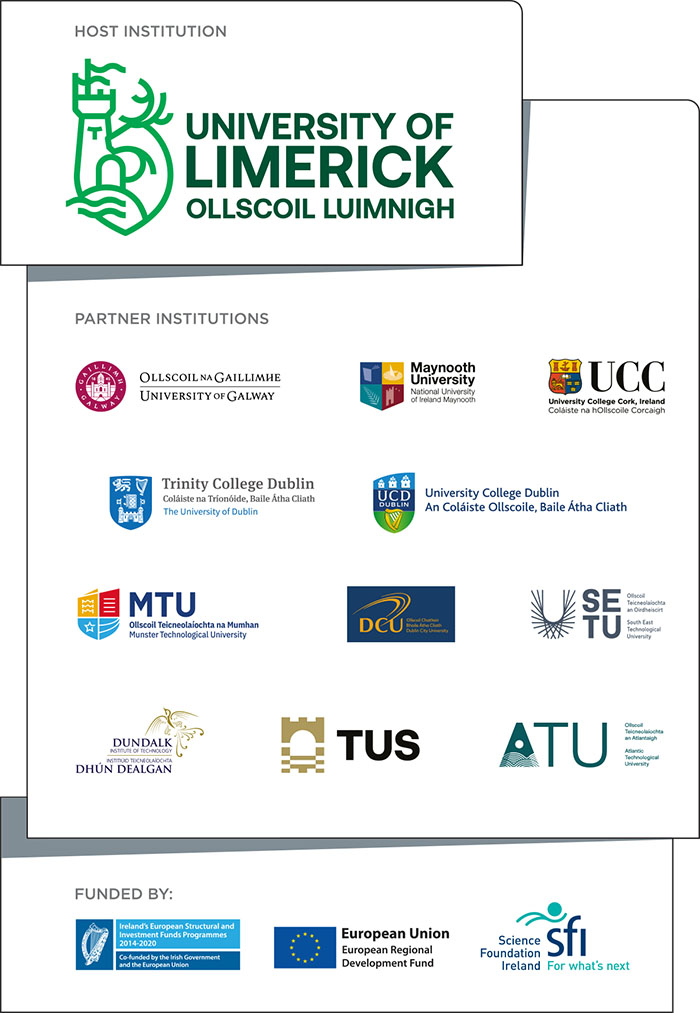You are here
Architectures are used in many IT related areas to construct blueprints for organising and managing system components, interfaces, processes, and business models and many more. In our research we develop and analyse reference architectures and data flow models for complex information systems. These are typically organised along 3 layers: business architectures; application and information architectures; and technical IT architectures. We consider IT related standards and frameworks such as from IEEE, TOGAF and ITIL. The area includes topics of Architectural Principles, Data Governance and Process Management. For example, with our work we are able to:
- Analyse and improve data flows in organisations. This allows the identification of Data Quality and Data Privacy related issues in complex data flows
- Plan and manage complex Internet of Things (IoT) environments by describing key components and their relationships
- Describe information services and a suitable service-oriented architecture
- Optimise and Simulate architectures and their effect on Service delivery
- Conduct Performance and Risk-Assessments of Architectures
Impact
Using Enterprise Architecture concepts we have developed a description approach and design methodology to adapt Enterprise Architectures to various contexts. The design methodology describes steps and techniques and tools used for each step. The design method is guided by a set of context variables and principles.
Our work has been applied to complex Data and Smart Environments using Internet of Things technologies. We have assessed various options for Architectures and provided Data Management and Governance Guidelines. Examples include Information Systems in Organisations in which we identified data quality issues and assessed various architectural options. We have applied our approach to Smart Cities, in which we helped relate typical information systems’ silos to an integrated and service oriented approach. Our work is also applied to Smart Buildings in which we examine the usage and benefits of Building Information to energy, facility management and operations.
Case Study
One example in which our work is being applied is to Limerick City and County Council to support the implementation of its digital strategy. As part of this case study together with Limerick City & County Council, we will develop a new digital service (Insight Limerick) which offers citizens a portal for information sharing, open data and data visualisation while analytics will be used to gain insights leading to better services.
Dr. Mihai Bilauca, Head of Digital Strategy Limerick City and County Council said: “We aim to build Limerick’s reputation locally, nationally and internationally as a digital ecosystem where innovation and digital technologies empower our communities and create new opportunities for all in the knowledge economy. It is a new lens on the Limerick 2030 vision. This will involve the development of world-class digital services and infrastructure for a Smart Limerick and Smart Community.”
Related Publications
- Markus Helfert, Martin Meyer: Enterprise Architecture in Information Systems and Information Technology Edited by Allen Tucker , Teofilo Gonzalez , Heikki Topi , and Jorge Diaz-Herrera, Chapman and Hall/CRC 2014, Pages 25-1–25-16
- Maccani, G., Donnellan, B., Helfert, M., “Action Design Research in Practice: The Case of Smart Cities”, In Proceedings of 9th International Conference on Design Science Research in Information Systems and Technology (DESRIST), Miami, USA, 2014.
- Zohreh Pourzolfaghar, Markus Helfert, (2016). Investigating HCI challenges for Designing Smart Environments, HCI conference, Canada HCI in Business, Government, and Organizations: Information Systems Volume 9752 of the series Lecture Notes in Computer Science pp 79-90
- Zohreh Pourzolfaghar, Marija Bezbradica, Markus Helfert. (2016). Types of IT Architectures in Smart Cities – A review from a Business Model and Enterprise Architecture Perspective, AIS Pre-ICIS Workshop on “IoT & Smart City Challenges and Applications” – ISCA 2016, December 9, 2016, Dublin, Ireland
- Aleksas Mamkaitis, Marija Bezbradica, Markus Helfert (2016) Urban Enterprise: a review of Smart City frameworks from the Enterprise Architecture perspective, IEEE Second International Smart Cities Conference (ISC2 2016), 12-15 September 2016, Trento, Italy





